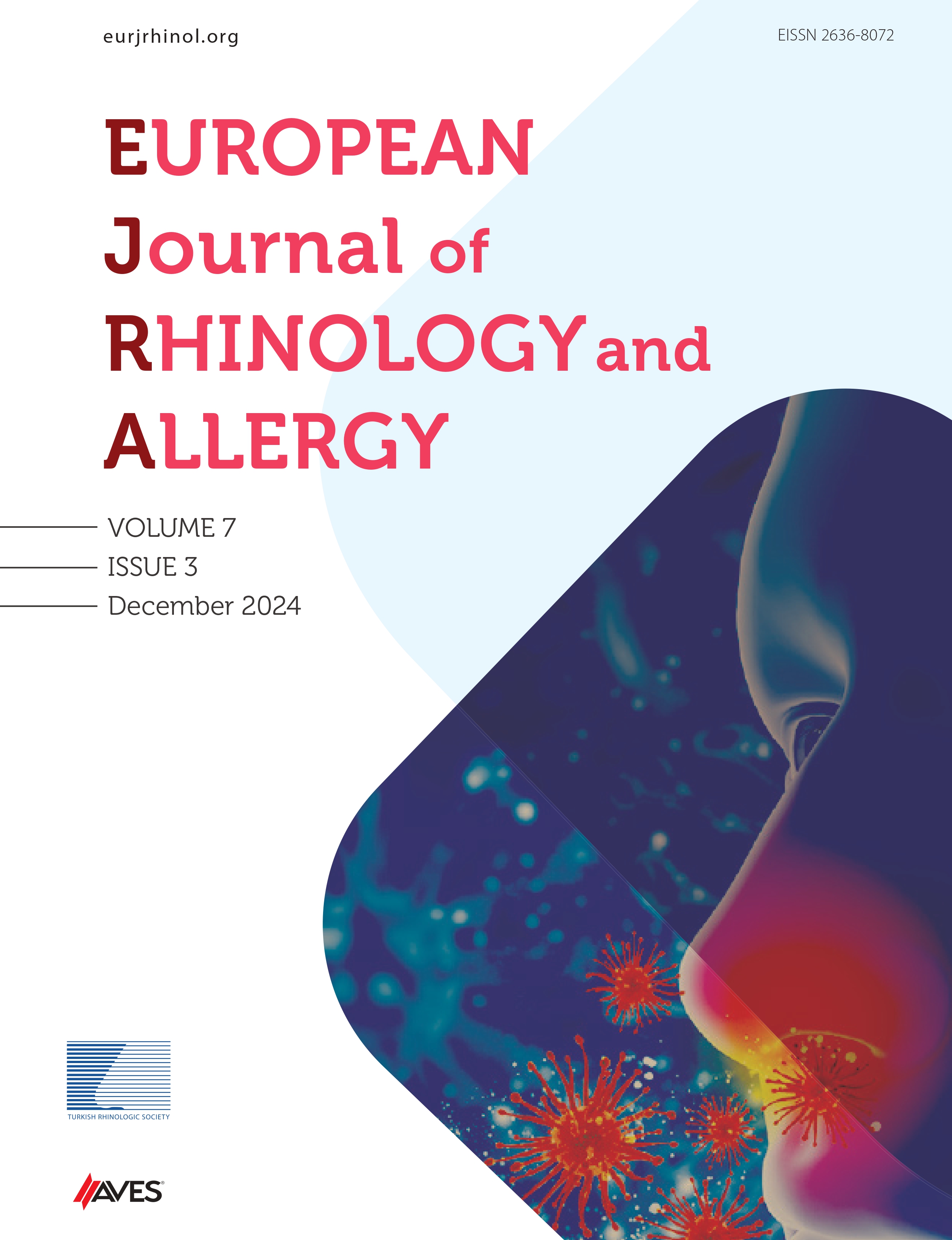Objective: Laryngopharyngeal reflux (LPR) is defined as a retrograde flow of gastric contents into the larynx and hypopharynx. However, a possible pathophysiological contribution from nasal resistance has been proposed, according to which increased nasal resistance associated with septal deviation may cause increased respiratory effort, resulting in a more negative intrathoracic pressure, which may, in turn, overcome the upper esophageal sphincter and lead to the retrograde passage of gastric contents. The aim of this study was to investigate whether septal deviation of adequate severity necessitating septoplasty is associated with an increased use of proton pump inhibitors (PPIs) in comparison with the general population.
Material and Methods: This retrospective single-center cohort study investigated the usage of PPIs in patients undergoing septoplasty. Hospital databases were searched to identify patients aged 18-85 years who underwent septoplasty from January 2012 to December 2016. Electronic medical records were reviewed to collect details pertaining to demographic variables, usage of PPIs, smoking and drinking status, and other comorbidities. A control group of subjects who underwent an unrelated procedure (arthroscopy) was also sampled.
Results: The data of 200 patients (29% females, mean age 40.8±14.8 years) who underwent septoplasties were compared with those of 200 control subjects (39.5% females, mean age 45.3±15.0 years) who underwent arthroscopies. The incidence of PPI usage in patients undergoing septoplasty was found to be significantly greater than that in the control group (Pearson’s chi-square 4.7, Odds Ratio [OR] 1.97, p=0.03).
Conclusion: Patients who undergo septoplasty have a significantly increased rate of PPI usage, which suggests that nasal obstruction is associated with LPR and gastroesophageal reflux disease. Further studies are required to explore this association and develop potential therapeutic strategies.
Cite this article as: Wong E, Deboever N, Sritharan N, Singh N. Laryngopharyngeal Reflux is Associated with Nasal Septal Deviation. Eur J Rhinol Allergy 2020; 3(1): 1-3.

.png)

.png)